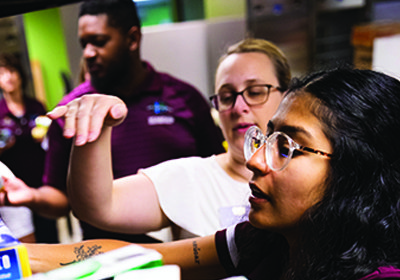
Division of University Engagement and Student Affairs
About UESA
University Engagement and Student Affairs (UESA) is the driving force behind CMU’s commitment to creating a culture of care and concern across campus. The work of our division emerges in the expansion of institutional policy, procedure, practice, and community outreach. UESA serves as an advocate for students and their concerns while simultaneously coordinating student services. UESA promotes a learning environment that fosters intellectual curiosity, professional development, holistic engagement, and community building among students, faculty, and staff.
UESA encourages students to communicate their needs and interests to enhance the quality of programs, services, and student life. Students are therefore encouraged to contact the Student Affairs subdivision for assistance with courtesy notifications to instructors regarding extended absences from campus due to illness or other personal reasons. In total, the Division of University Engagement and Student Affairs aims to advance Central Michigan University as a pluralistic educational community that fosters growth and transformation in action and thought.
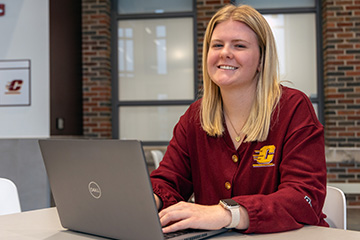
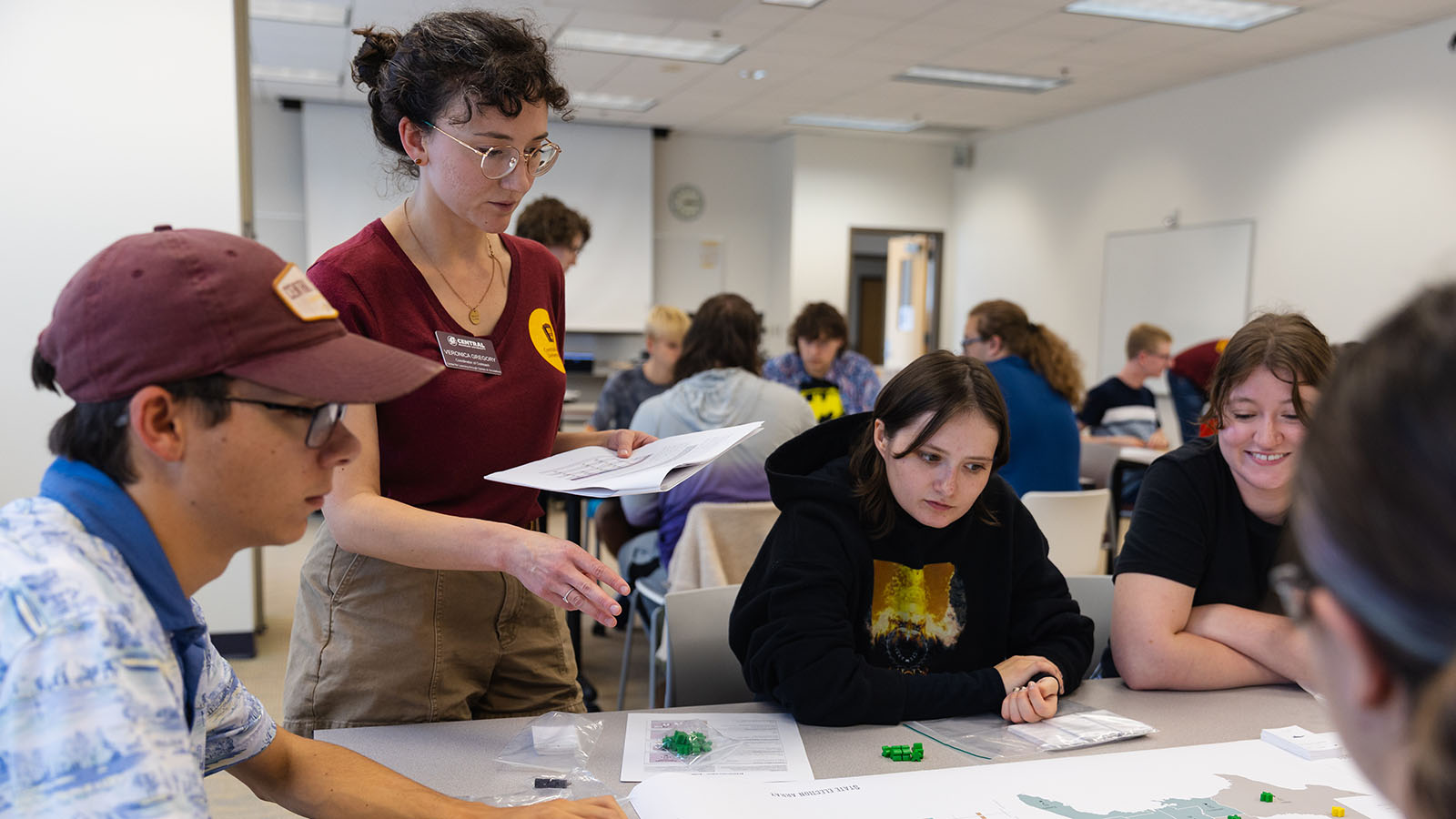

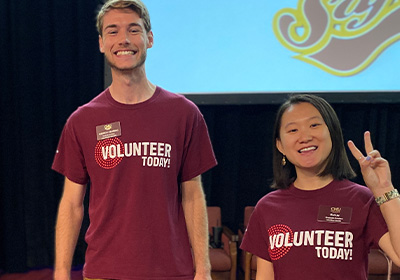
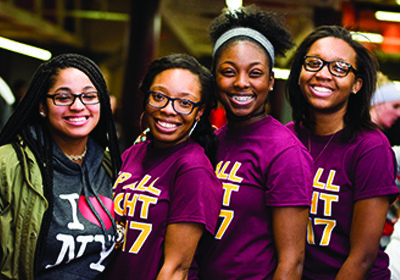
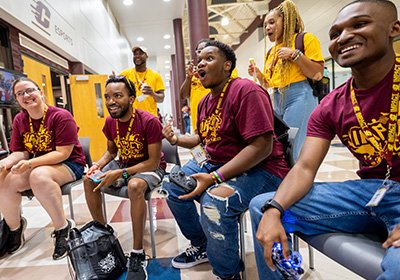
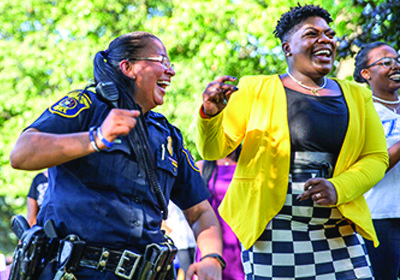
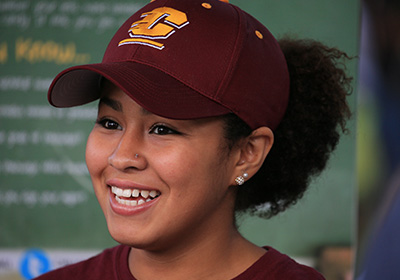
.jpg?sfvrsn=8506ab30_10)
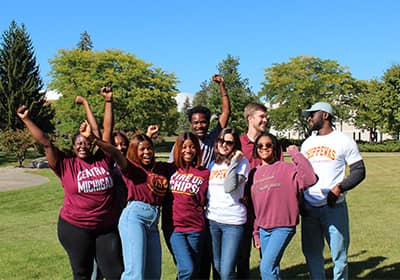
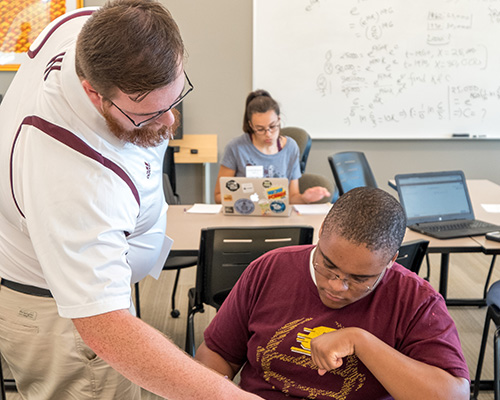

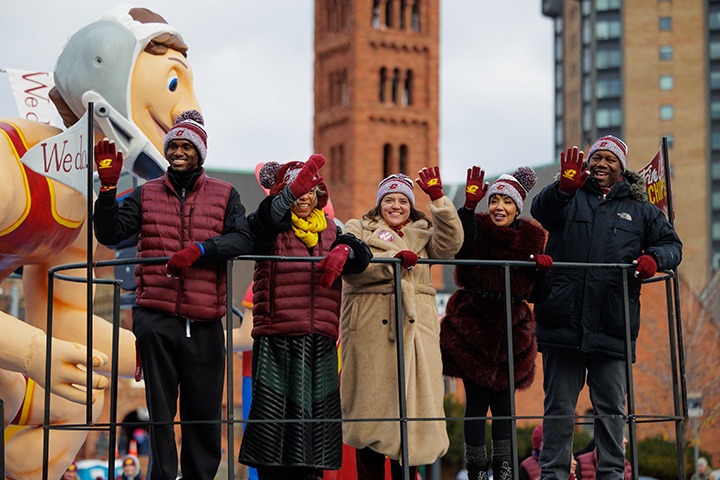
.jpeg?sfvrsn=487aa9ff_4)